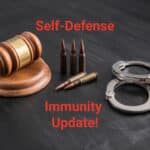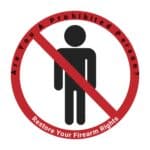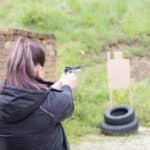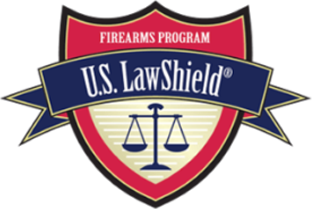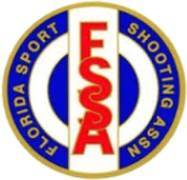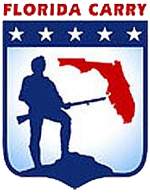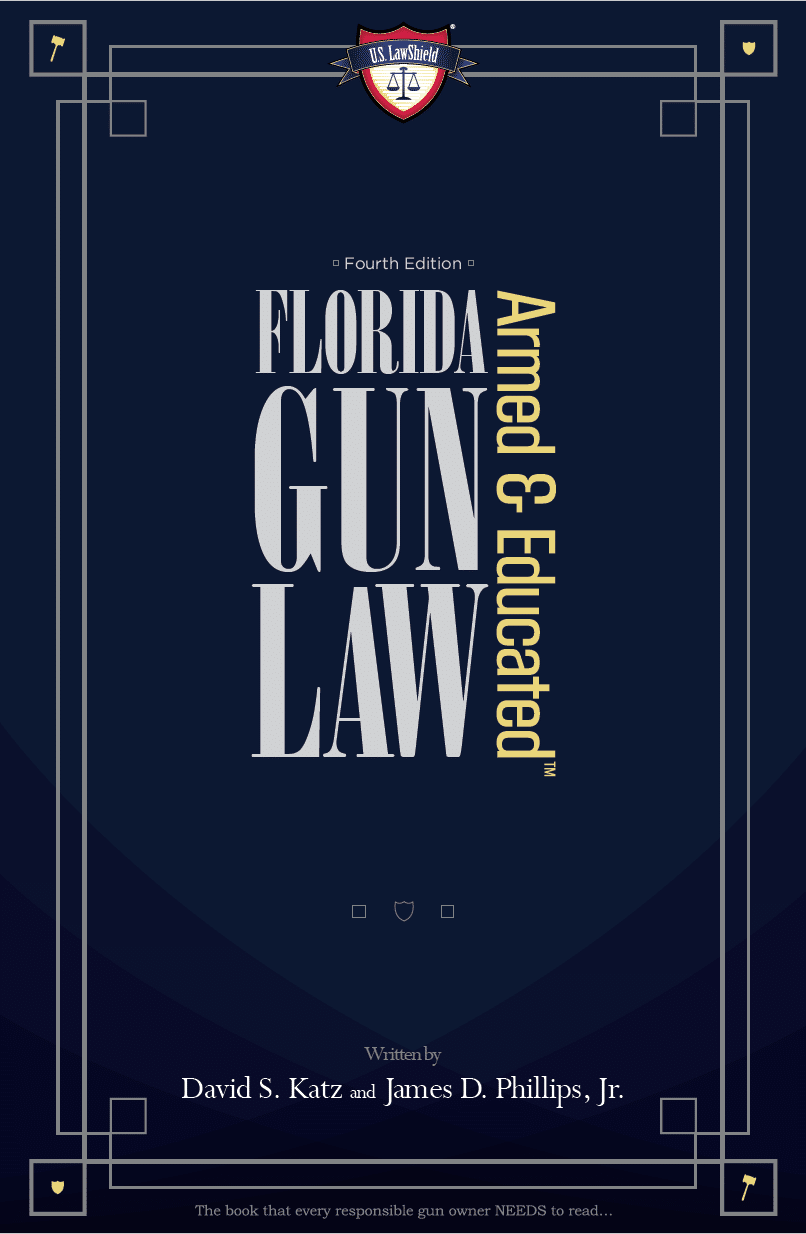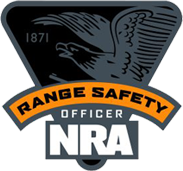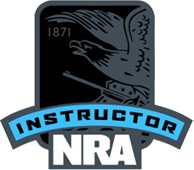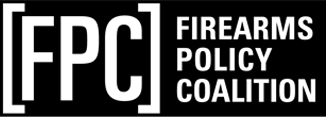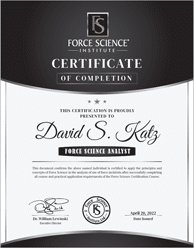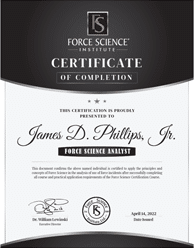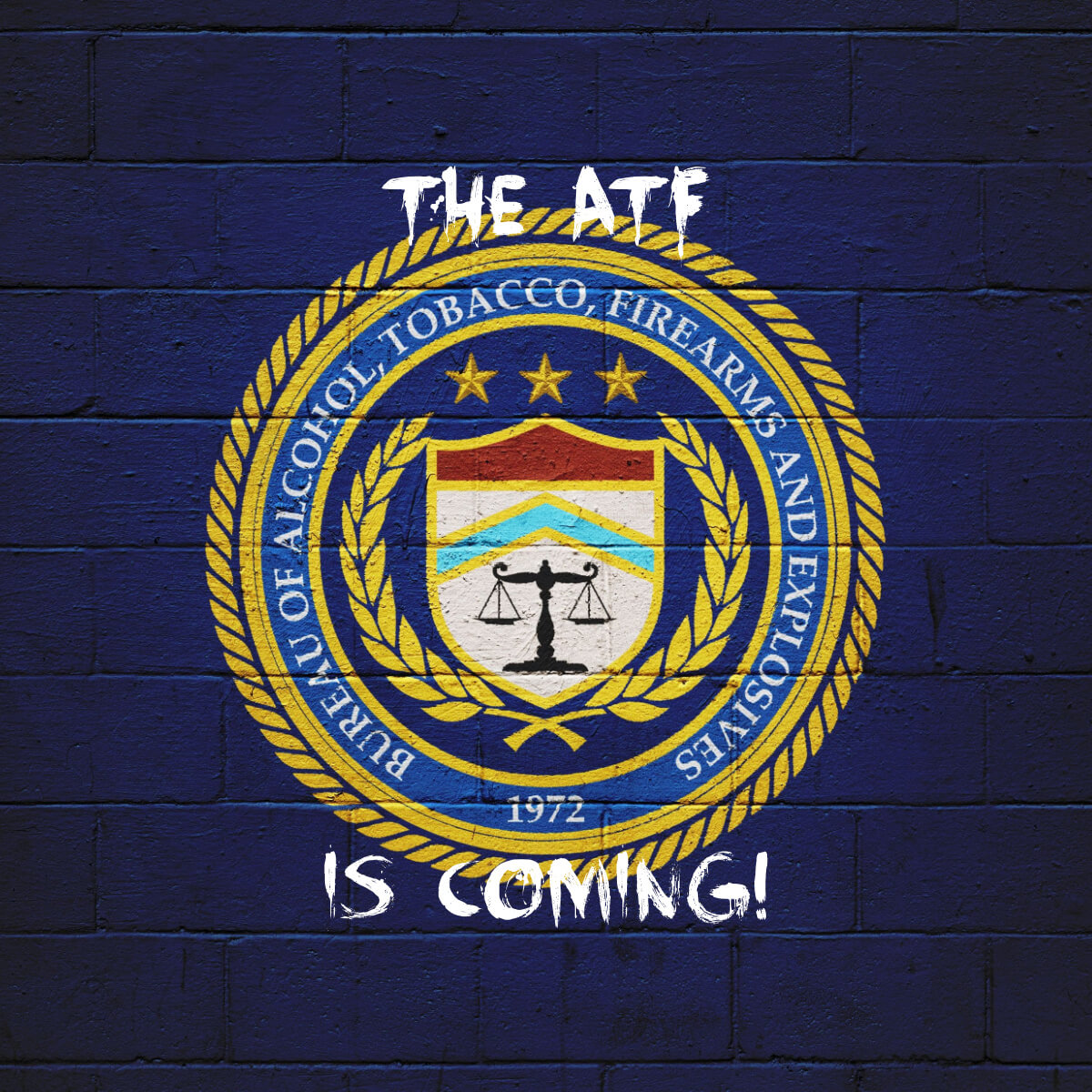
- August 29, 2022
- |
- ATF,Bump Stock,NFA / NFA ITEMS
The ATF is Coming!
The ATF is Coming After Your FRT and Solvent Trap!
There has been an increasing concern in the 2A community regarding recent actions taken by the ATF to hunt down those who purchased a Forced Reset Trigger (“FRT”) or solvent trap. What should you do now if you own either of these items? What should you do if you are contacted by ATF or if the ATF comes knocking on your door?
Before we start discussing the concerning direction that ATF is going let’s discuss what a “Force Reset Trigger” is and what “Solvent Traps” are. If you prefer to watch a video version of this post, click here to go to our YouTube Channel.
What is an FRT and What Does it Do?
FRTs are manufactured by Rare Breed Triggers and others. These triggers were purchased by gun enthusiast to replace the factory triggers in the popular AR-15 platform firearms. In the simplest terms, a force reset trigger, increases the rate of fire of a firearm by resetting the trigger using the force of the hammer after a round had been expelled. Click here for a more detailed explanation and illustration of how the FRT functions in a firearm. Although the FRT does increase the rate of fire, it does not allow more than one round to be expelled by a single squeeze of the trigger. Remember that! When the FRT first hit the firearm market, they were 100% legal under federal law to purchase and to possess, but as always ATF had to put an end to all the fun. Further, from the beginning we warned that these triggers were illegal under Florida law as they would be considered Bump Fire Stocks in Florida.
In a letter dated March 20, 2022, ATF’s assistant director of enforcement made it known that the ATF has determined the FRT falls under the definition of a machinegun. Federal law defines a machinegun as any weapon which shoots, is designed to shoot, or can be readily restored to shoot, automatically more than one shot, without manual reloading, by a single function of the trigger. The term shall also include the frame or receiver of any such weapon, any part designed and intended solely and exclusively, or combination of parts designed and intended, for use in converting a weapon into a machinegun, and any combination of parts from which a machinegun can be assembled if such parts are in the possession or under the control of a person.
So, if the FRT only causes a single round to be expelled with a single trigger pull, how does it fall under the definition of a machinegun? The only answer is, “because the ATF says so!”
Is it more dangerous that the ATF has the ability to interpret and enforce the law based on their constantly changing interpretation or that ATF just changes the law like they did this past week with ATF 2021R-05. Either way it is definitely time for the U.S. Supreme Court to Step in and limit the powers of the various Federal alphabet agencies to enforcing the laws as Congress and the President passed them.
What is a Solvent Trap?
The ATF is also actively contacting those who have purchased solvent traps. A Solvent Trap is a firearm barrel cleaning accessory that allows you to recycle solvent, saving money and protecting the environment. Unfortunately, some have drilled out the solvent trap and converted them into a suppressor. As you are likely aware, possession of a suppressor is regulated by the National Firearms Act (“NFA”). It is a violation of Federal law to possess a suppressor without complying with the mandates of the NFA punishable by up to 10 years in federal prison, a $10,000 fine and the loss of the right to possess firearms as a convicted felon.
Now that everyone knows what an FRT and a solvent trap is let’s get down to the nitty gritty. When ATF first had this epiphany that the FRT is a machinegun, they focused their attention on the manufacturers and FFLs along with other companies that sold the FRT. Recently it appears they have turned their attention to those individuals who legally purchased the FRT and those who have purchased solvent traps, even without evidence that they solvent trap was being used for anything but its lawful purpose.
Are You on ATF’s Radar?
We have recently had a huge uptick in calls from those who have found notes from ATF on their doors after returning home from work or running errands. We are also being inundated with calls from owners who have not yet been contacted wondering what to do with their FRTs and solvent traps.
Be Warned, the ATF is Actively Attempting to Contact People Who They Believe Purchased an FRT and/or Solvent Trap.
So, what do you do if you own an FRT or a solvent trap? The choice is yours, but below we will discuss your options if you live in Florida.
If You Have Been Contacted by the ATF or Other Law Enforcement, You Have Two Options:
- Do not voluntarily do anything. If you believe that the ATF is greatly overstepping their authority as we do AND you are willing to be a test case, keep your purchased items and wait to see what happens. When the ATF comes knocking, do not voluntarily speak with them. Invoke your rights and tell them nothing. Do not give them any of your items and tell them they cannot search or remain on your property without a warrant. Wait for them to return with a warrant. Please note, if they do return with a warrant, you should cooperate with them and allow them to search. The time to fight is later in the courtroom, not when a bunch of agents are at your door with a warrant. That does not mean you have to help them execute it; it just means you cannot interfere with its execution. They are going to attempt to talk to you during this time and like we have said before, invoke your right to remain silent and your right to an attorney. SHUT UP; LAWYER UP! Expect to be arrested if they find items they are now categorizing as illegal and expect to be prosecuted in federal court, which is expensive. Be willing to leave your fate to the court system over many years of fighting, likely all the way to the U.S. Supreme Court.
- If you are contacted by the ATF or they have left a message for you to contact them, the other option you have is to voluntarily surrender the item they seek. Thus far, the ATF has only been asking those who possess these items to voluntarily turn them over. Until you are contacted you can decide to wait to see if you are eventually contacted, then if you are, you can choose to voluntarily turn the item over to the ATF, or not and wait to see if they return with a warrant as discussed above. So far, we know of no one who voluntarily turned items over to the ATF and was then prosecuted. HOWEVER, this does not mean that the ATF cannot at a later time initiate legal proceedings against those who voluntarily surrendered the items. The ATF has provided assurances that the only thing they are concerned with is getting the items and that they will not be prosecuting those who cooperate. If you decide to cooperate, be aware that the promises of a field agent are not enforceable in a courtroom, should the ATF later decide to use the evidence you have provided to them in a criminal action against you. We believe the odds of the ATF prosecuting those who voluntarily comply with turning over the sought-after items are extremely low, but we cannot see the future and cannot promise that they will not later decide to prosecute.
If You Have Not Been Contacted by the ATF or Other Law Enforcement You Have an Additional Option:
- If you have not been contacted by the ATF or any other law enforcement, you have a third option. Destroy the items. Under Florida law, it is NOT illegal to destroy items that may become evidence if there is a criminal investigation. Both Federal and Florida law make it illegal to destroy evidence during an ongoing criminal investigation. The federal law which is found in 18. U.S.C. 1519 in relevant part reads: Whoever knowingly alters, destroys, mutilates, conceals, covers up, … [any] tangible object with the intent to impede, obstruct, or influence the investigation or proper administration of any matter within the jurisdiction of any department or agency of the United States or in relation to or contemplation of any such matter or case, shall be fined under this title, imprisoned not more than 20 years, or both. Florida Statute 918.13 in relevant part makes it illegal for “any person, knowing that a criminal trial, proceeding, or investigation by a duly constituted prosecuting authority, law enforcement agency, grand jury, or legislative committee of this state is pending or is about to be instituted to:
- Alter, destroy, conceal, or remove any item with the purpose to impair its verity or availability in such proceeding or investigation.”
If you have not heard from ANY law enforcement regarding these items, and you have no reason to know or believe that you are currently being investigated this may well be an option for you. Definitely speak with a lawyer about your situation before taking any action. Further, you should take a photograph of the item destroyed and unfixable before disposal of the pieces if you choose to take this route. If the ATF does show up at your door do NOT provide the ATF a picture of the destroyed item. Do NOT communicate with the ATF. An attorney should make the call regarding how and whether to provide the photograph to the ATF.
SHUT UP; Lawyer Up!
We strongly recommend, if possible, that you record your entire interaction with the ATF, because more than likely they are not recording it. I know you are probably tired of hearing it, but we are going to say it over and over because it is just that important. Do not speak with the ATF without an attorney present, put more plainly, SHUT UP, LAWYER UP! Tell the agents that you will be happy to cooperate with their investigation once you have spoken to your attorney and call an attorney versed in this area of law immediately.
We hope you never find yourself in either of the two situation we just discussed but if you do, please stay calm, shut up and lawyer up!
Contact a Lawyer Immediately!
Finally, no article on the internet can provide you with actual legal advice. Your situation is unique. This article is designed to generally cover the options available. We highly recommend that you speak with a lawyer and discuss your unique situation before taking any actions. This article is not legal advice and should not be taken as such. Your reading this article does not create an attorney client relationship with our firm.
Get in touch

"*" indicates required fields
Copyright © 2024 The Firearm Firm All rights reserved.


